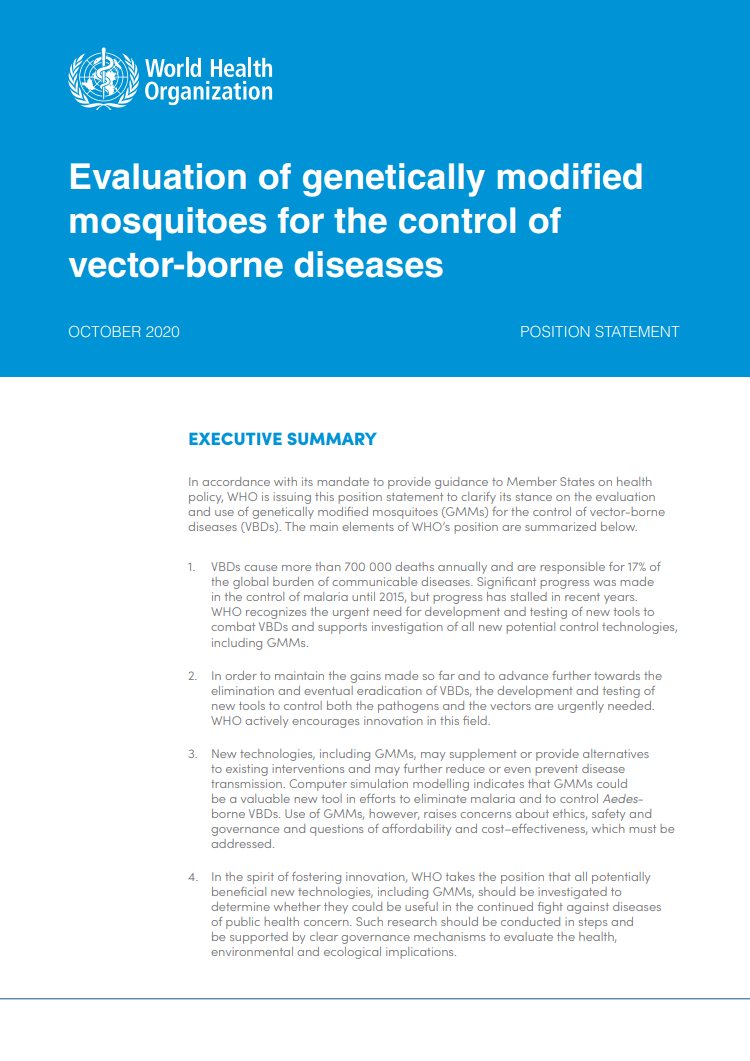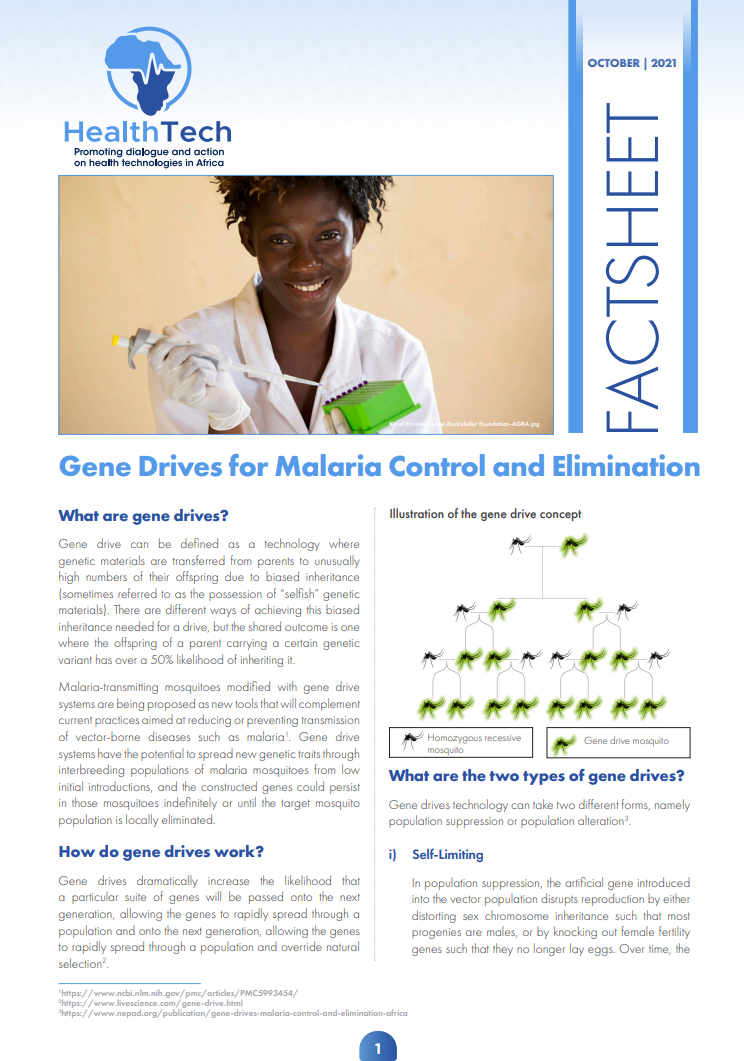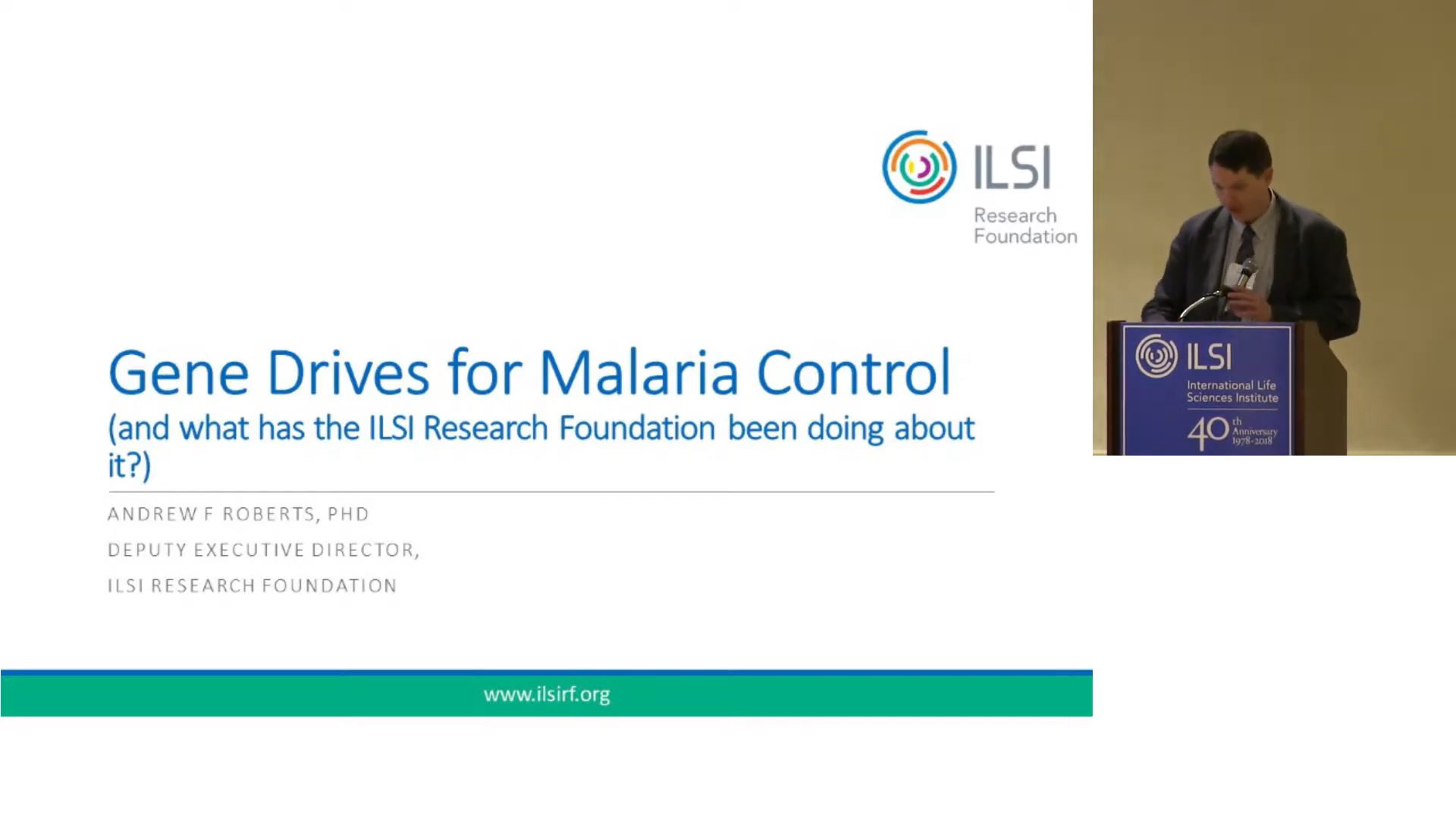Last Updated: 17/12/2024
Research and development on control and elimination of malaria and neglected parasitic diseases using innovative technology
Objectives
*Original title and text were machine translated from Japanese.
The objective of this research and development project is to control and work towards eliminating malaria, Mekong schistosomiasis, and Thai liver paragonimiasis in Laos through the implementation of diagnostic methods, surveillance improvements, technological innovations, and public health education.
National Center for Global Health and Medicine (NCGM), Japan
To fulfill the purpose, LAMP method will be introduced to hospitals in endemic areas, and in vitro drug susceptibility testing will be conducted at the Lao National Pasteur Institute. In addition, satellite mobile phones will be introduced on a trial basis to medical facilities without telephone service to improve malaria surveillance. As a countermeasure against Thai liver paragonimiasis, a campaign has been implemented by the Lao government to ban the consumption of raw fish. However, because eating raw fish is a cultural practice in Laos, behavioral change is extremely difficult. Therefore, research and development will be conducted on a pulsed current fluke inactivation device to provide fish that are safe to eat raw. Since the epidemics of Mekong schistosomiasis and Thai hepatosomiasis are localized, a highly sensitive detection technology that combines environmental DNA (water) with the LAMP method was developed, and an infection risk map was created to contribute to infection prevention. Furthermore, research and development will be conducted on feed that can prevent infection when fed to shellfish, which are intermediate hosts for Mekong schistosoma and Thai liver fluke. Because many of these parasitic disease patients are economically poor, have poor hygiene, and lack adequate education, eco-health education will be implemented to encourage them to take preventative measures and visit medical facilities. The purpose of this research and development is also to carry out the field survey necessary for implementing this SATREPS project, as well as to prepare and conclude an agreement document. Specifically, a detailed planning study will be carried out, and collaboration will be established with the Lao National Pasteur Institute (IPL), the Ministry of Health, which is the Lao counterpart institution for this SATREPS project, and other related research institutions (Infectious Disease Control Bureau, Malariology Department, Parasitology and Entomology Center, Lao Tropical and Public Health Research Institute), as well as administrative agencies (provincial health bureaus, hospitals, etc.). Next, based on the information obtained from this study, an MOU was discussed and concluded between the National Center for Global Health and Medicine (NCGM), the Japanese research representative institution, and IPL. The goal is for the R&D to be discussed and concluded by the end of March 2023.
Apr 2023 — Mar 2028
$49,211


